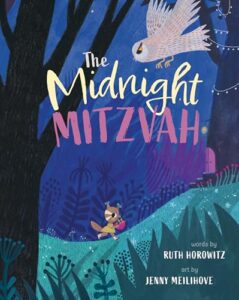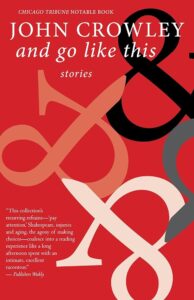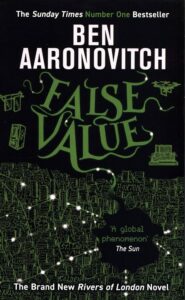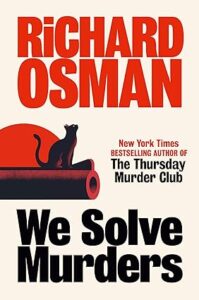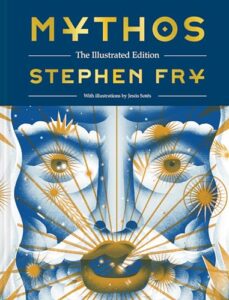Nothing screams “this was written by men” more than having Juliet Capulet (lately of Romeo & Juliet) assure Othello that he is not a villain. Lol, like hell. Iago may be just as much a bad guy as Othello, but Desdemona is still dead! Murdered for no reason! Even if she’d been cuckolding her husband publicly with the entire court, that’s still no excuse for violence, much less murder. Women are people, not possessions! Having a woman who tried to kill herself for love tell a domestic abuser that he’s not the bad guy is a Sure Jan of the highest order.
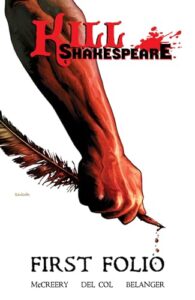 That said, this is an interesting take on the Shakespearean canon, sort of a Fables but with characters from the Bard’s oeuvre instead of Mother Goose’s. I love a good pastiche, and given my own ambivalence regarding William Shakespeare, figured that any title with the imperative to destroy him (obviously not a literal directive as the man has been dead for yoinks) had to be relevant to my specific interests. I enjoy Shakespeare as a poet, and admire his storytelling choices — including the adaptation of stories far older than he is for fresh new audiences — but I really don’t care for his script writing. His scripts feel more and more antique with each passing decade, and it weirds me out that people outside of England profess a belief in the masterfulness of his words. Slavish devotion to the Bard in the 21st century feels artificial and pretentious, especially without shared cultural touchstones.
That said, this is an interesting take on the Shakespearean canon, sort of a Fables but with characters from the Bard’s oeuvre instead of Mother Goose’s. I love a good pastiche, and given my own ambivalence regarding William Shakespeare, figured that any title with the imperative to destroy him (obviously not a literal directive as the man has been dead for yoinks) had to be relevant to my specific interests. I enjoy Shakespeare as a poet, and admire his storytelling choices — including the adaptation of stories far older than he is for fresh new audiences — but I really don’t care for his script writing. His scripts feel more and more antique with each passing decade, and it weirds me out that people outside of England profess a belief in the masterfulness of his words. Slavish devotion to the Bard in the 21st century feels artificial and pretentious, especially without shared cultural touchstones.
So I went into reading this book feeling pretty open-minded about the reuse of his admittedly interesting stories and characters, especially without the dreary language. Well, mostly without: there’s still the odd quotation included, but those almost entirely make sense and serve as nice callbacks to the originals. Essentially, Prince Hamlet has survived the disastrous play he’s staged, but his mother Queen Gertrude and uncle King Claudius have exiled him for the unwitting killing of Polonius. Torn between wanting to avenge his father and guilt at what his quest so far has wrought, he boards a ship with his faithful companions Rosencrantz and Guildenstern.

